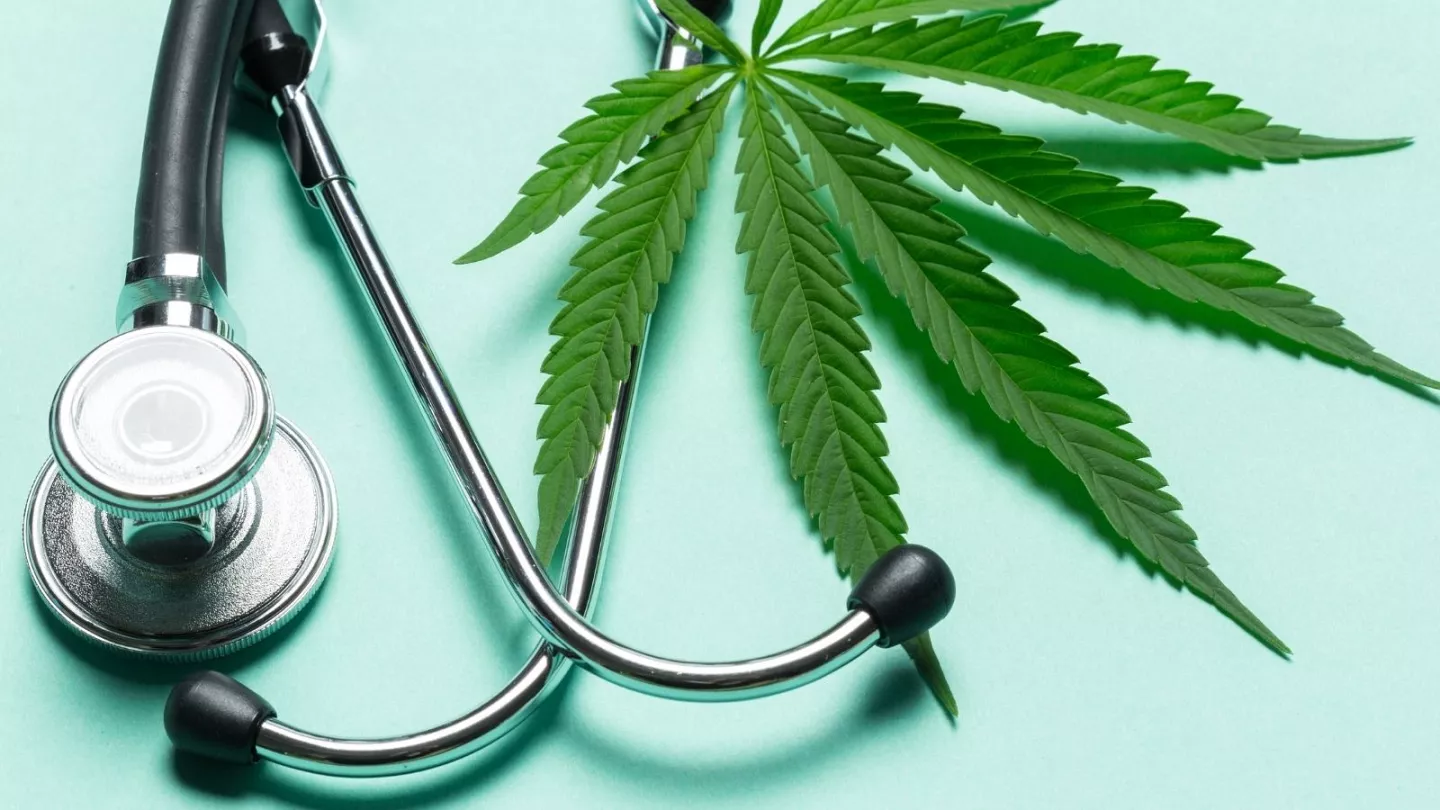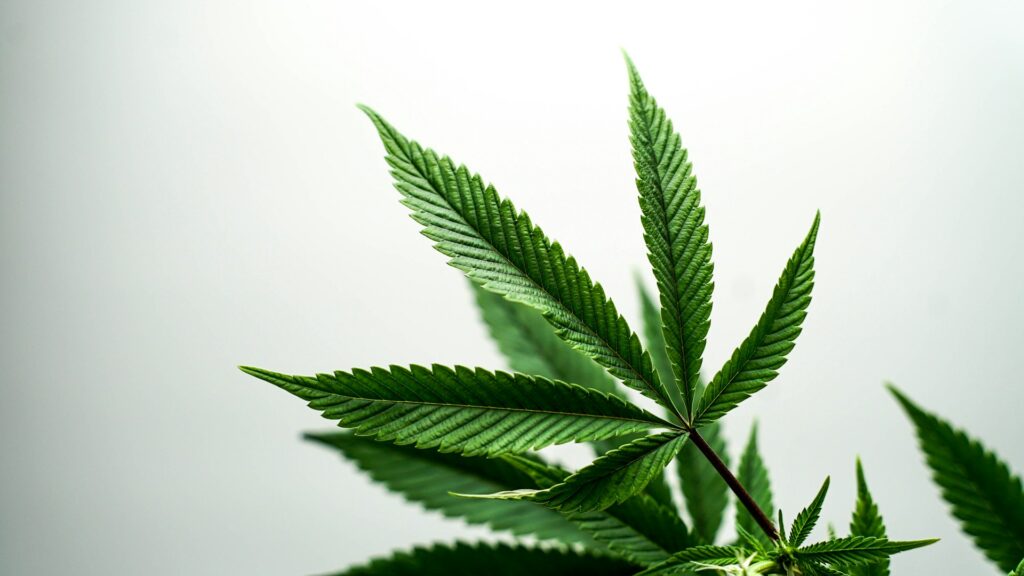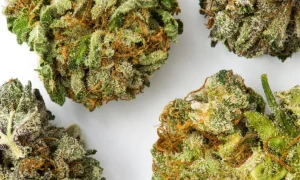Since ancient times, cannabis has been used to treat ailments like pain, inflammation, or digestive issues.
The earliest known instance of its medicinal usage can be traced back to 2800 BC. Emperor Shen Nung (the father of Chinese medicine) listed it in his pharmacopeia. Ancient texts from Rome, India, Greece, and Assyria also mention its healing properties.
It’s crucial to understand the link between THC and cannabis. THC, or tetrahydrocannabinol, is derived from cannabis – a plant known for its psychoactive properties. Cannabidiol and tetrahydrocannabinol are the primary cannabinoids present in cannabis. In this article, we look at various aspects related to the medicinal use of TCH.
The Legal Landscape of THC Meds
THC medications are still illegal in many countries due to their high potential for abuse. Currently, 37 states in the U.S. have passed Medical Marijuana Laws (MML), allowing the use of cannabis for medical purposes, but the laws vary for each state.
To purchase medicinal cannabis, understand the relevant laws in your locality. Make sure you choose a local company like allthebuzzdc.com that’s compliant with your state’s cannabis laws. These businesses stay up-to-date on shifting policies to safely guide patients toward legally accessing medicinal cannabis.
Mechanism of Action
To understand how THC works as medicine, we need to understand its effects on your body’s endocannabinoid system (ECS). ECS regulates and balances vital body functions like pain perception, immune response, appetite control, sleep patterns, and mood regulation. It has special receptors that are like locks of two types: CB1 and CB2. When the key fits right into the lock, the action mechanism starts.
1. CB1 Locks and the Brain
CB1 locks are primarily found in the central nervous system and control mood, memory, and pain. When tetrahydrocannabinol (THC) interacts with the cannabinoid receptor type 1 (CB1), it can have an impact on your mood, memory, and perception of pain. This is why people feel happy and relaxed after using THC.
2. CB2 Locks and the Body
CB2 locks are scattered throughout the whole body. They play a part in regulating the immune system and inflammation. When THC fits into the CB2 receptors, it induces anti-inflammatory effects and modulates immune responses.
Medical Benefits
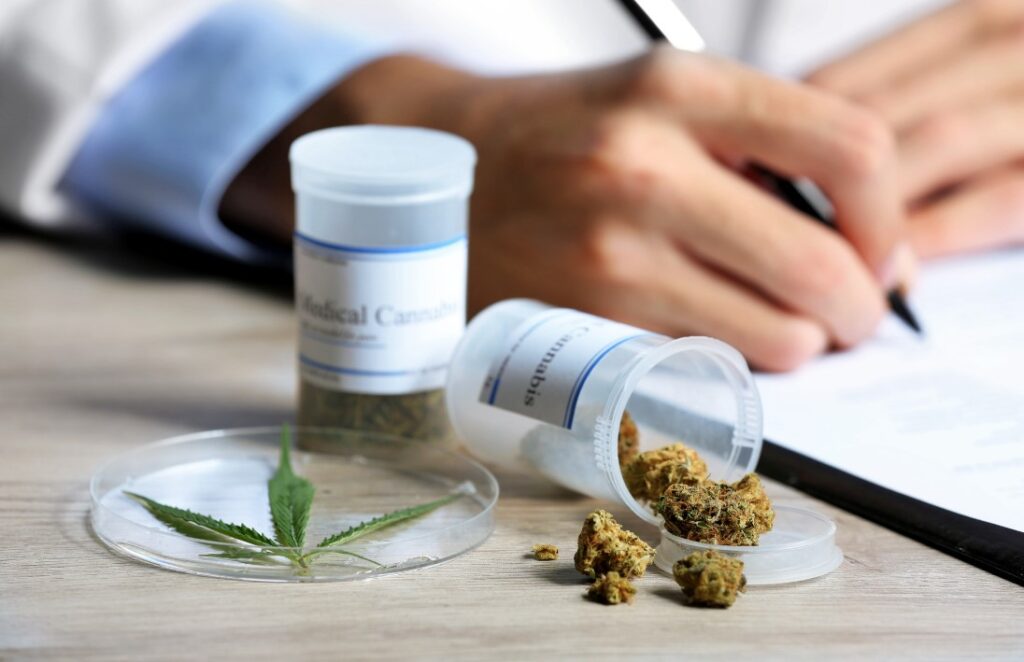
Source: wolterskluwer.com
THC has recently become popular in medical treatment due to its numerous health benefits. All these benefits result from its interactions with the ECS. Let’s explore them further:
1. Pain Relief and Management
THC is commonly known to reduce pain, including chronic pain from illnesses like multiple sclerosis and cancer. THC may also help with mental health problems by lowering anxiety and depression.
2. Nausea Reduction and Appetite Stimulation
Nausea can result from several factors, such as a medical condition or a medicine’s side effects. THC helps eliminate this discomforting sensation and stimulates appetite.
3. Muscle Spasms
Muscle spasms are involuntary contractions of muscles that induce sudden, painful movements. They can occur due to dehydration, overexertion, nerve irritation, medications, and underlying medical conditions like dystonia. THC can help reduce muscle spasms.
Challenges and Considerations
Like all medications and substances, THC has its fair share of side effects. It’s common to experience minor side effects when starting or adjusting the dosage. For instance, you can feel dizziness, dry mouth, nausea/vomiting, fatigue, drowsiness, impaired coordination, euphoria, disorientation, loss of balance, anxiety, sedation, and cough.
Some patients also report altered sensory experiences like brighter colors or changed time perception.
Medical cannabis that is inhaled through smoking or vaping (whether it’s the whole plant or a concentrate product) has the potential to cause dry mouth. A dry mouth increases your risk of developing cavities or other dental problems because saliva helps protect your teeth from decay and damage.
More serious side effects are rare, but possible. At high THC doses, there is a risk of hallucinations and delusions. Other potential issues include mood changes, impaired movement, problems with thinking/problem-solving abilities, memory issues, and psychosis.
It’s essential to work closely with a doctor when using medical cannabis. Any side effects should be considered against a person’s specific health issues and treatment goals. Doctors can find the right dose for each individual based on age, sex, size, and other medical factors.
Additionally, they monitor how the person responds with follow-ups and tests. This helps find the best dose and ensures the positive effects outweigh any negative side effects.
High-Risk Groups
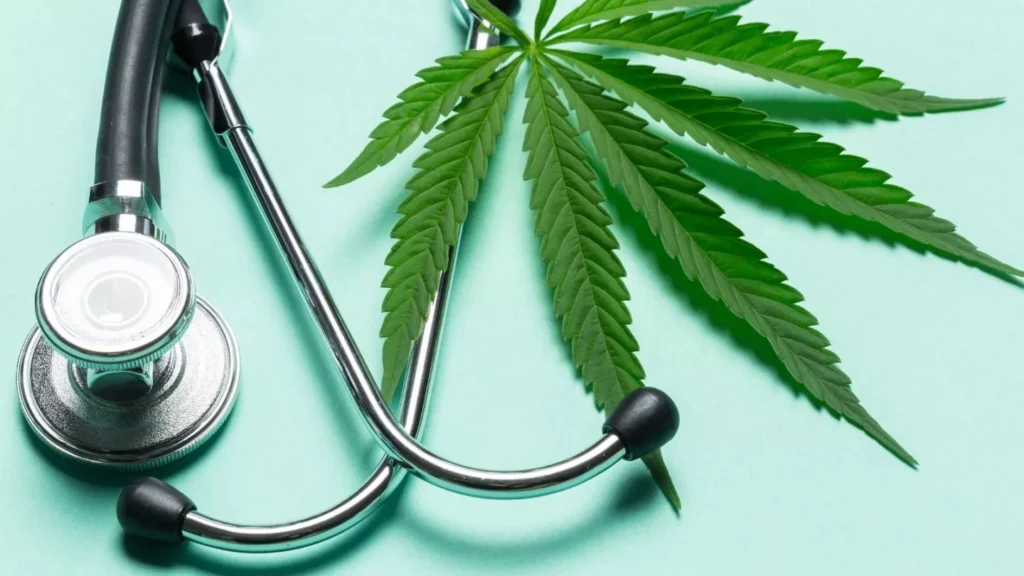
Source: euronews.com
Certain groups may be at increased risk of potential harm from medical cannabis use.
1. Children, Adolescents, and Young Adults
Special consideration is warranted for medical cannabis use in children, adolescents, and young adults. The human brain undergoes critical development until around age 25, and cannabis intake during adolescence poses potential cognitive risks.
Marijuana use during these developmental years may disrupt cognition by influencing areas of the brain related to attention, motivation, and memory formation. There are also concerns about exposing young lungs to secondhand cannabis smoke, as it contains several of the same toxic and carcinogenic compounds as tobacco smoke.
2. People at Risk of Substance Dependence
Those at risk of substance dependence should exercise caution with medical cannabis. The potential for developing a marijuana addiction appears greater for individuals with a history of other addictive behaviors or substance use disorders.
3. People with Psychotic Disorders
Individuals with psychotic disorders like schizophrenia face elevated risks from medical cannabis and require particular caution. A family history of such disorders also increases vulnerability. This especially applies to products with high THC levels. Stopping cannabis use tends to alleviate psychotic symptom severity.
4. Individuals With Heart or Liver Disease
Individuals with significant cardiac or hepatic conditions require special consideration. Cannabis use has been linked to increased odds of heart attack. Liver disease poses unique risks as well, as the condition could impact one’s body’s ability to process and break down cannabis.
5. Pregnancy
Pregnant and breastfeeding women should avoid medical cannabis. Its usage during pregnancy is linked to potential risks like low birth weight or premature delivery.
THC may influence fetal brain development, potentially leading to later issues for the child around memory, attention, aggression control, and other behavioral/impulse challenges, especially in early childhood through the teenage years.
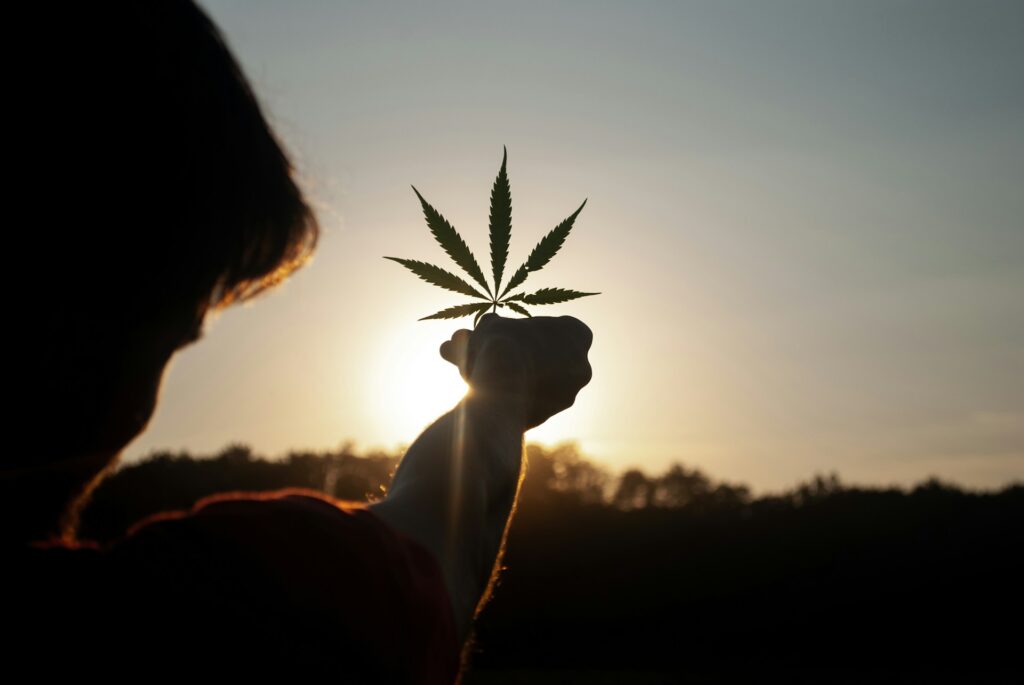
Source: unsplash.com
Endnote
Our understanding regarding THC is evolving with the evolution of modern health care: there is a lot more to this compound than meets the eye. One needs to exercise caution when using THC for medical purposes.
Consultation with a healthcare professional is strongly recommended before using THC for medical reasons. By doing more research and prescribing carefully, we can make THC treatments much more effective and safer.

